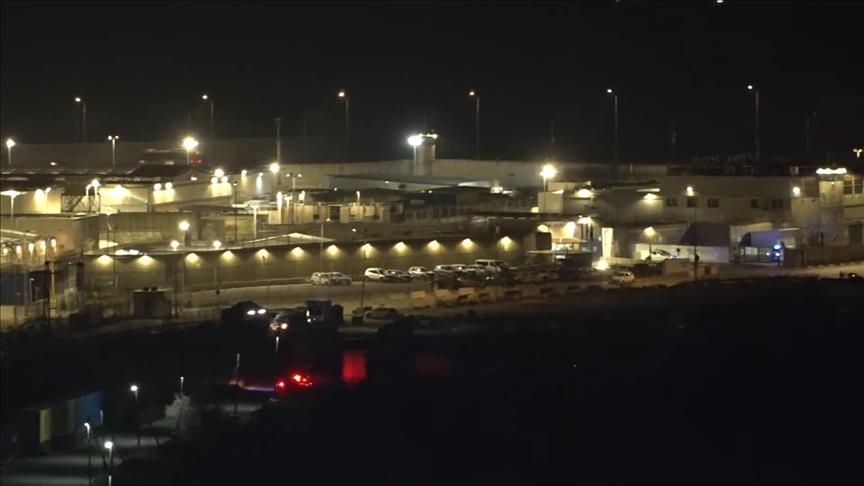TRNC PM: EU steps to reward Turks are unsatisfactory
Talat, in an interview with The Associated Press, also said U.N. Secretary-General Kofi Annan’s reunification plan, overwhelmingly rejected by Greek Cypriots in a referendum last week, was not up for renegotiation.
Talat, who will be the first Turkish Cypriot leader to meet with top U.S. officials when he visits Washington next week, said he will push for an end to his breakaway state’s decades-long political and economic isolation.
The U.N. plan would have led to Cyprus joining the EU on Saturday as a united state. EU laws and benefits will now not apply to Turkish Cypriots living in the island’s north, who voted in favor of reunification.
To compensate for the exclusion of the Turkish side, the EU approved 259 million euros in aid and asked the bloc’s executive commission to ease trade restrictions on Turkish Cypriots.
But Talat said the EU’s moves were "not satisfactory" and would give Greek Cypriots too much control over trade.
"The provision about free movement of goods does not meet our expectations because it gives authority to the Greek Cypriots over our trade," Talat said. "The Greek Cypriot administration has no such authority. We cannot accept this."
The new trade provisions will give all products "wholly" made in the northern part of the island duty-free access to the EU. However, EU officials said the opening up of trade would depend largely on the good will of Greek Cypriots to transfer the goods to EU markets.
Talat said he had no plans in the near future to restart peace negotiations with Greek Cypriots.
"We have done everything we could," he said, "and now we will step back to let the world do whatever they can to encourage Greek Cypriots."
Talat ruled out renegotiating the Annan plan, except for minor adjustments.
Talat flies to the United States on Monday to meet with U.S. Secretary of State Colin Powell. Talks are expected to focus on ending the Turkish Cypriot isolation.
Talat said he would seek U.S. support for direct flights and ferry services to the Turkish Cypriot part of the island.
"We have had enough of this isolation," he said. The main reason for the Greek Cypriot rejection was that the plan kept Turkish troops on Cyprus, even though their numbers would have been considerably reduced.
Talat dismissed the Greek Cypriot security concerns as "lies" and said the only way to push them into accepting unification was to end the isolation of Turkish Cypriots.
Turkey keeps some 40,000 troops on Cyprus, which has been divided into a Greek-controlled south and a Turkish-occupied north since Turkey intervened in 1974 following a coup by supporters of a union with Greece. Had the U.N. plan been accepted, the number would have gradually been reduced to 650, after Turkey’s accession to the EU.
"If the world begins to communicate with us … the Greek Cypriots will begin to realize that they are not the only owners of Cyprus and come closer to a solution," Talat said. "There is no other way."


